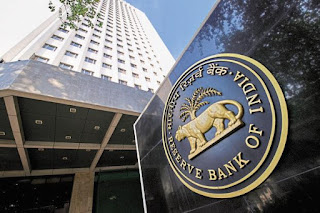The finance ministry and the Reserve Bank of India have put in place new restriction on deposits of old Rs 500 and Rs 1,000 until 30 December in another effort to curb money laundering.
According to a finance ministry notification (read here), deposits of the demonetised notes above Rs 5,000 can be made only once until 30 December, the last date for banks to take deposits of old notes. However, there is no restrictions on depositing cash under the Pradhan Mantri Garib Kalyan Yojana, a black money declaration scheme under amended taxation laws.
"Tenders of SBNs (specified bank notes) in excess of Rs 5,000 into a bank account will be received for credit only once during the remaining period till December 30, 2016," the RBI said in a notification to banks posted on its website.
The central bank has also said in such cases the notes will be credited to deposits "only after questioning tenderer, on record, in the presence of at least two officials of the bank, as to why this could not be deposited earlier and receiving a satisfactory explanation".
"The explanation should be kept on record to facilitate an audit trail at a later stage. An appropriate flag also should be raised in CBS to that effect so that no more tenders are allowed," the RBI has said.
However, banks can allow deposits of up to Rs 5,000 in value to be credited to bank accounts in the normal course until 30 December.
Moreover, if you have made deposits smaller that Rs 5,000 your account, and if such deposits taken together on cumulative basis exceed Rs 5,000 then they may still have to face the questions from the banks officials. In such cases, you may not be allowed to make more deposits thereafter until December 30.
Also deposits above Rs 5,000 shall be credited to only KYC compliant accounts and if the accounts are not KYC compliant the limit for deposits stays at RS 50,000.
However, these rules are not applicable to deposits under the Taxation and Investment Regime for the Pradhan Mantri Garib Kalyan Yojana.

No comments:
Post a Comment